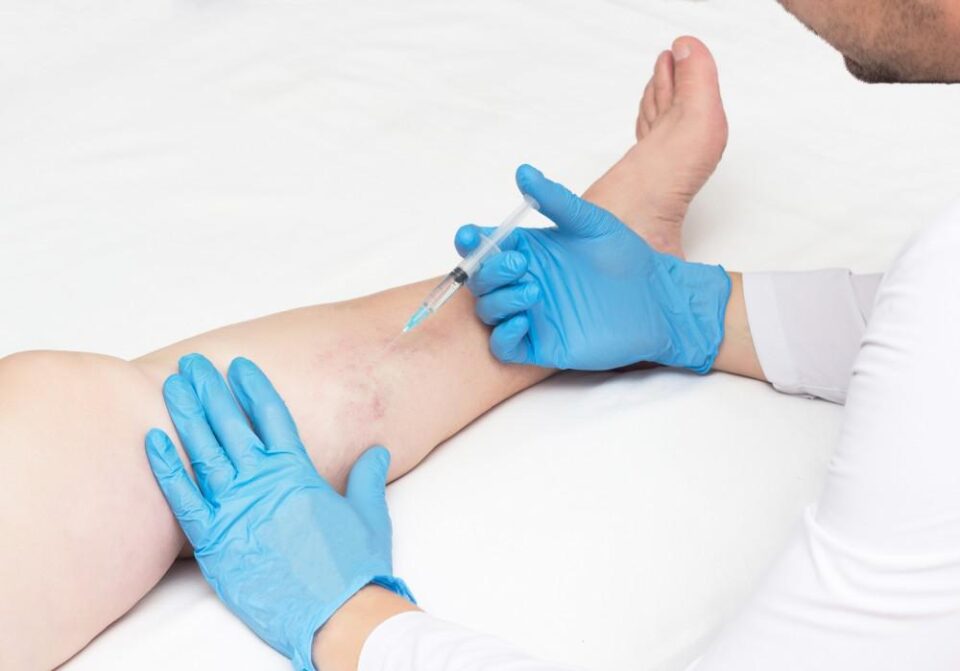Anyone can develop vascular diseases regardless of sex or age, although they are more prevalent in older adults. A sedentary lifestyle and eating unhealthy foods can increase your risk. If you struggle with Aventura vascular problems, the Soffer Health Institute has your back.
Different types of vascular diseases
Vascular diseases include medical disorders affecting the circulatory system or blood vessels. Some vascular conditions may affect your veins, while others may affect the arteries. Some may also occur in specific areas in your circulatory system. The different types of vascular diseases include:
- Peripheral artery disease
Like coronary arteries, peripheral arteries can also develop atherosclerosis, the build-up of fatty deposits causing the arteries to narrow. Narrowed arteries restrict blood flow leading to inadequate blood supply to other body parts or ischemia.
- Venous disease
Your veins consist of valves that open and close to allow blood to flow back to your heart. Faulty or damaged valves result in a backward flow of blood, causing it to accumulate and pool in the veins at the back of your legs. Over time these veins swell and bulge, resulting in unsightly varicose veins. While some people may not experience any symptoms, others may experience itching, throbbing, heaviness, and achiness that may affect their quality of life.
- Blood clots
A clot develops when the clotting factors in your blood make it a jelly-like mass. When a blood clot forms in your blood vessels, it separates itself and travels through your blood, resulting in pulmonary embolism, deep vein thrombosis, and, in severe cases, stroke or a heart attack.
- Fibromuscular dysplasia
Fibromuscular dysplasia is a rare medical disorder that causes abnormal cell growth in the walls of your medium and large arteries. It can cause the affected arteries to narrow and appear beaded, resulting in dissection and aneurysms.
- Carotid artery disease
Carotid artery disease is a disorder due to the accumulation of plaque in the carotid arteries (the blood vessels that deliver blood to the head.) In most cases, people are unaware they have the disorder until they experience a stroke—carotid artery disease results from poor lifestyle choices such as eating unhealthy foods and smoking.
How doctors treat vascular disorders
During your appointment at Soffer Health Institute, the team discusses your symptoms, reviews your medical history, and conducts a thorough physical exam. They then educate you about the available treatments before recommending the most effective option.
Your treatment plan will rely on the type and severity of your vascular disorder. The specialists use advanced state-of-art techniques to address your disease while alleviating your symptoms. They may recommend medications to dissolve blood clots and sclerotherapy to destroy varicose and spider veins. They first recommend conservative approaches at the beginning of your treatment. However, if the symptoms don’t improve, the team may recommend surgical treatments for severe vascular disorders such as deep vein thrombosis. The specialists at Soffer Health Institute monitor your general vascular health and provide the support and resources you need to recover.
Call the Soffer Health Institute office or book an appointment online to learn more about vascular disorders.

